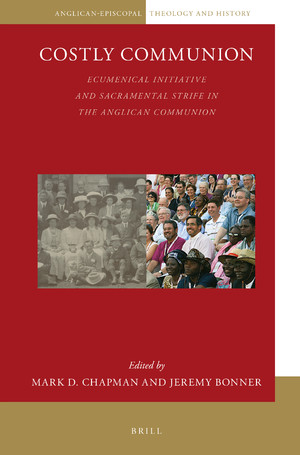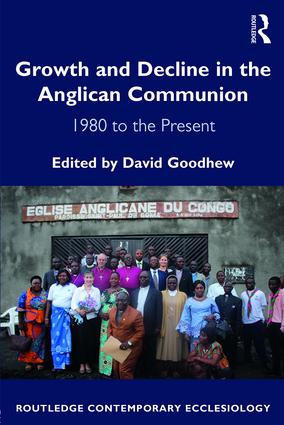Whither Egypt?
With the resignation of Hosni Mubarak yesterday, the era of Pan Arab nationalism finally closed. Only ten years younger than the father of modern Egypt, Gamal Abdel Nasser, Mubarak’s thirty years in power are all that many of Egypt’s 85 million inhabitants have known. The shockwaves emanating from the January 25th movement are now spreading outward, to Algeria and Morocco, to Yemen and the Gulf, to Jordan, and perhaps even to Syria and Iran.
Twenty-two years ago, as a college freshman, I watched the fall of Communism in Eastern Europe (only months after the bloody denouement in Tiananmen Square). A decade ago, as a newly minted PhD, I watched New York’s Twin Towers slowly crumble into rubble. Both of these events are strongly connected with the past few weeks in Tahrir Square. As we now know, the collapse of the Eastern bloc (and the then Soviet Union’s withdrawal from Afghanistan) shifted the attention of militant Islam, as embodied in groups such as Al Qaeda, from Communism to – in their eyes – the decadent, capitalist West. The 1990s, infamously dubbed by one commentator as marking the “end of history,” merely tracked the road to September 11, 2001. Beyond that, in turn, lay the great neoconservative gamble – bringing “democracy” to Afghanistan and Iraq, with the wider goal of inducing a form of inverted “domino theory” throughout the Middle East.
A decade on, it is understandable that many view this proposition with skepticism. Both Iraq and Afghanistan are far from where we would wish them to be, though the long-term prospects for the former seem slightly better. Woodrow Wilson’s Fourteen Points serve as a reminder of the dangers of a foreign policy that promotes abstractions like “democracy” without regard to the culture and values of the community toward whom it is directed, but that does not mean that one can simply retreat behind the defense that “they” are not yet ready for democracy (given the level of civic education today, one might wonder if the West is still up to it).
Whatever the virtues of “guided democracy” may once have been, in the information age it simply is no longer possible. Some of those demonstrating in Tahrir Square were overheard declaring that President Mubarak and his circle simply have no conception of modern methods of communication, even something as basic as e-mail. Iran’s stalled Green Revolution, and the revolutions in Tunisia and Egypt were all structured around such modern forms of communication as Twitter that are the preserve of the young. Its very unstructuredness makes it hard for authoritarian governments to control, but it also perhaps makes it hard to participate in the day-to-day bureaucracy of the conventional political world. The Bolsheviks were prepared to run the organs of government in 1917; the men and women of Tahrir Square, one suspects, are not.
Which, of course, brings up the issue of the Muslim Brotherhood. The reason Hosni Mubarak has survived for so long has been his ability to preserve order, achieved, in no small measure, by marginalizing the Brotherhood and preventing the emergence of secular challengers to his National Democratic Party. In this respect, Mubarak bears some comparison with Indonesia’s former President Suharto, who was driven from office in similar circumstances in 1998. The Muslim Brotherhood present the real conundrum in the present crisis; many of today’s most militant Islamist groups trace their origins to its founders and while the Brotherhood ostensibly espouses nonviolent methods, its public statements convey, at best, a mixed message. Many have warned against a repeat of the Iranian revolution in 1979, where well-organized theocrats were able to subvert the broader campaign against the Shah. When one considers that today’s Egyptian revolutionaries are disproportionately middle-class and the bulk of the population is rural and more culturally conservative, this is not an unreasonable concern. One interesting image that came out of the demonstrations is this Reuters photograph (and the accompanying article by Ann Alexander), which serves as a reminder that nothing is ever as black and white as some commentators tend to believe.
The real problem, though, is that the Brotherhood cannot simply be wished away. The Mubarak solution (detention, rigged elections, marginalization) has been tried and found wanting. If the Brotherhood were to be barred from politics under the new order, it would have to be according to strict criteria that applied equally to extremist parties of all stripes. The better course, though, would surely be to recognize that Indonesia (with strong Muslim parties), Turkey (where the AKP has been praised by Freedom House for its actions in relation to civil liberties), and Iraq (where the Sadrists now sit in government) are all striving to integrate religious parties within democratic systems.
Charles Krauthammer, writing yesterday in the New York Daily News, suggested a comparison between Egypt and Western Europe in the late 1940s, when the United States took steps to prevent the “democratic” election of Communist governments in such countries as Italy. He has a point, as long as it is remembered that the Communist parties in the West – including the unreconstructed Stalinist French Communist Party – were allowed to remain part of the democratic experiment, to hold office and even to run certain cities, a process ultimately leading to the transformation of Italy’s Communists into a democratic party of the Left. Such a goal should be the objective of those countries now engaging with the problem of Islamists in politics, which simple exclusion is unlikely to resolve.










No comments:
Post a Comment